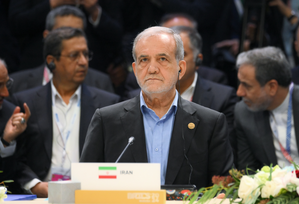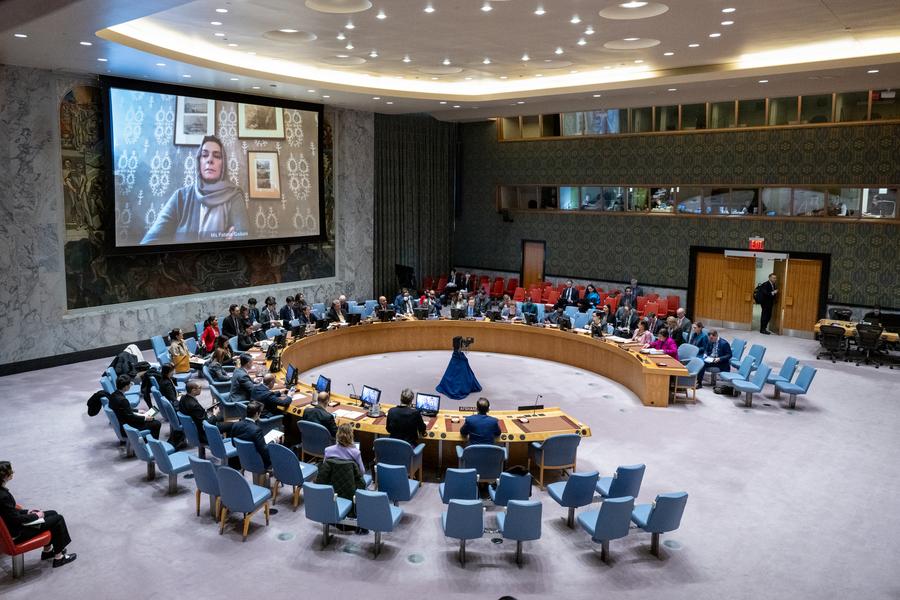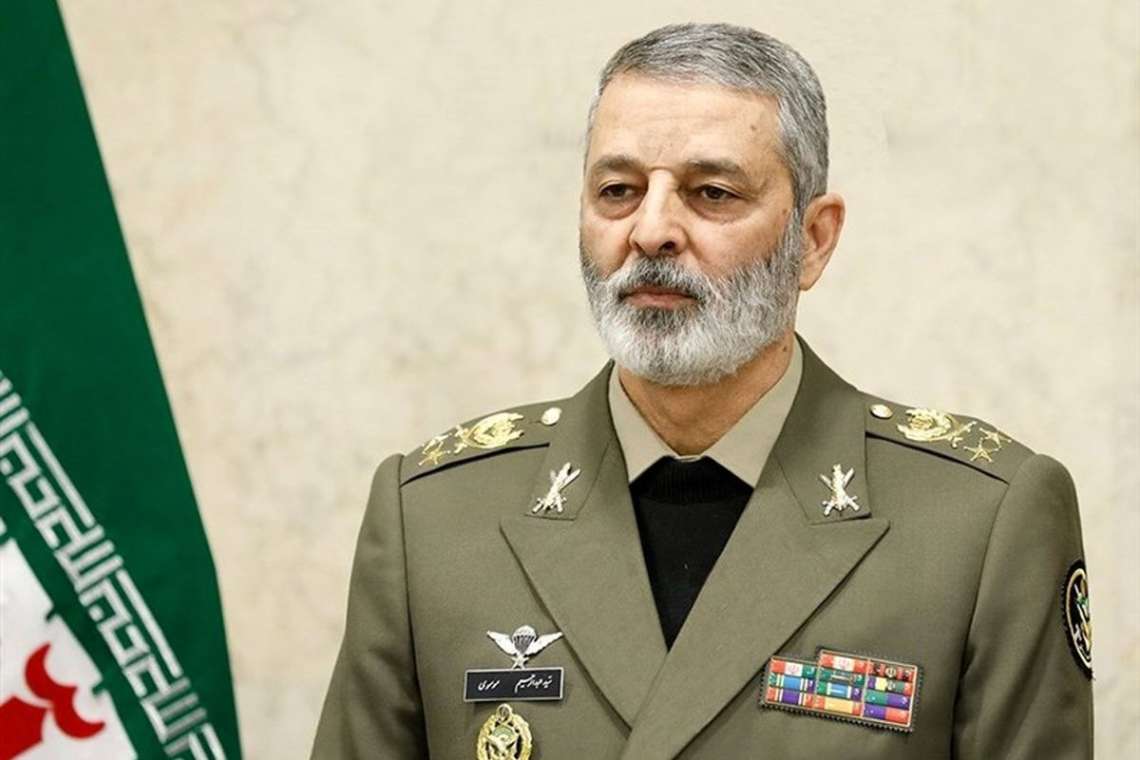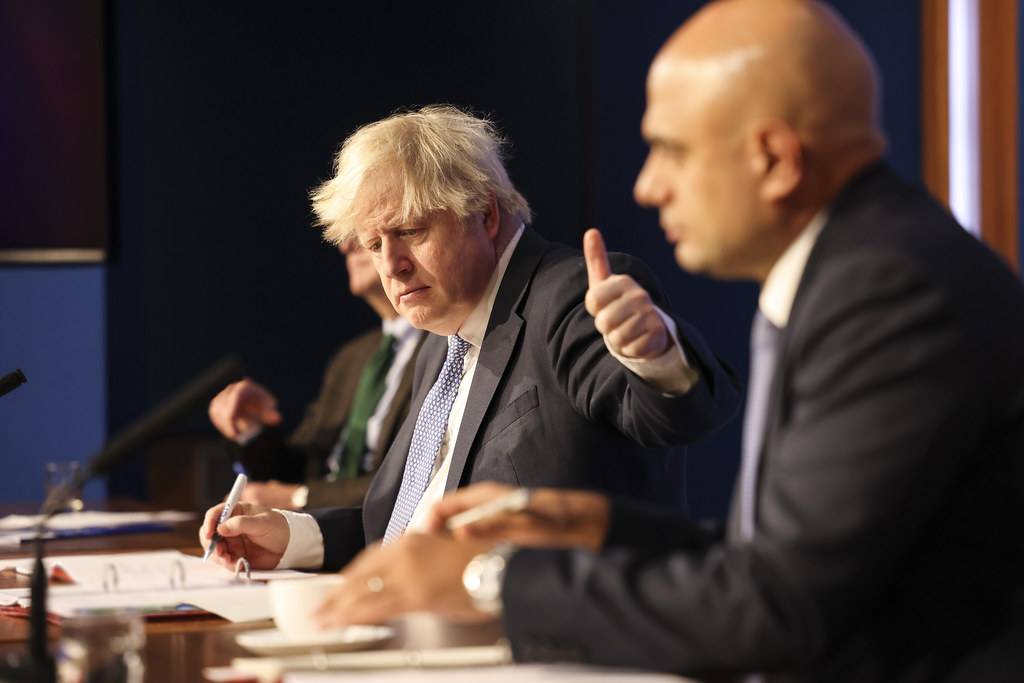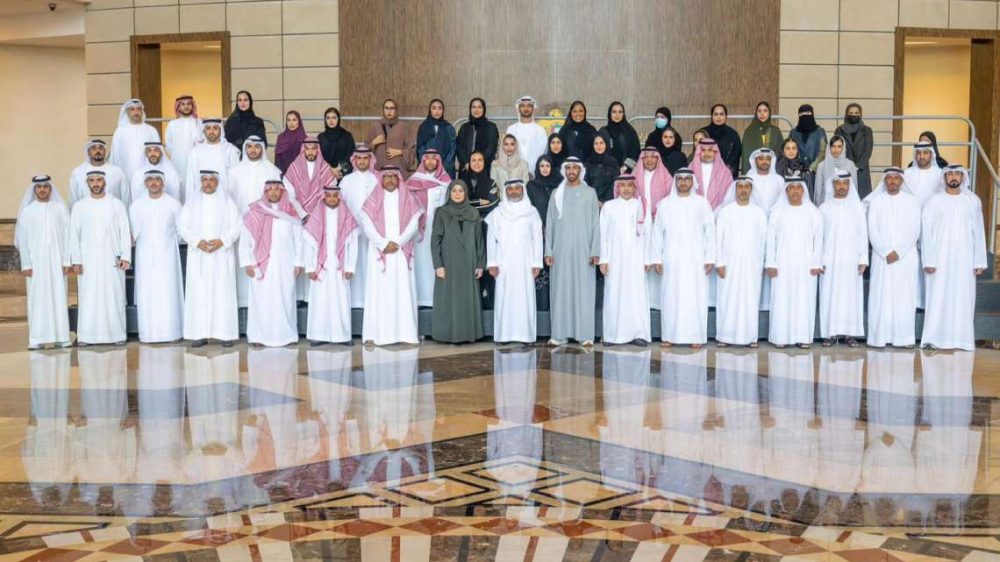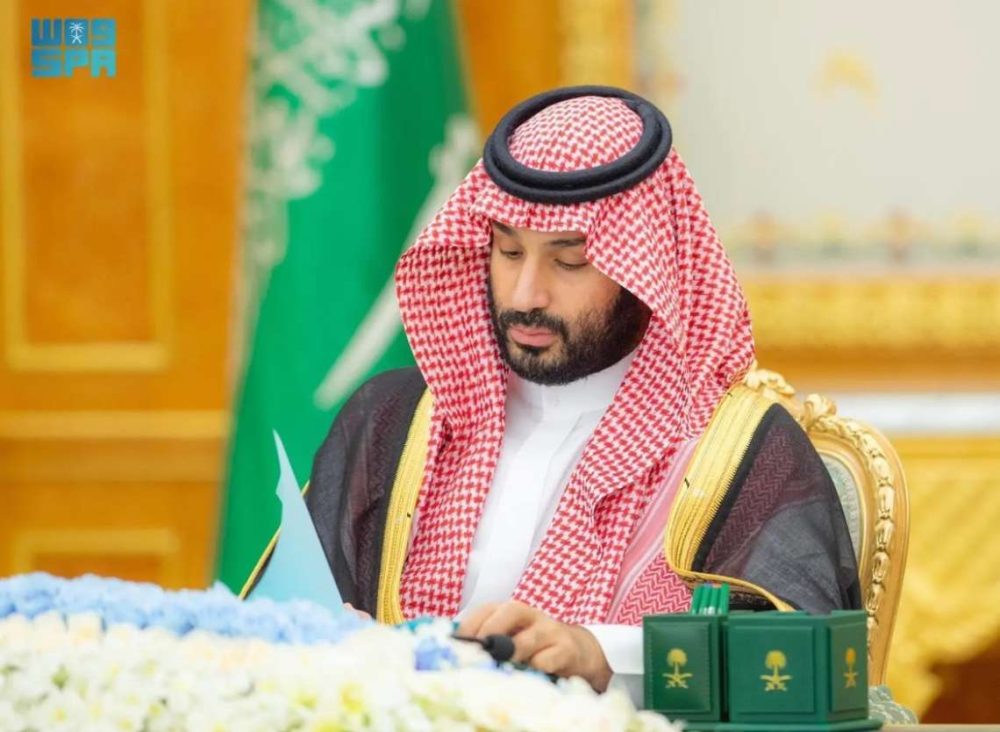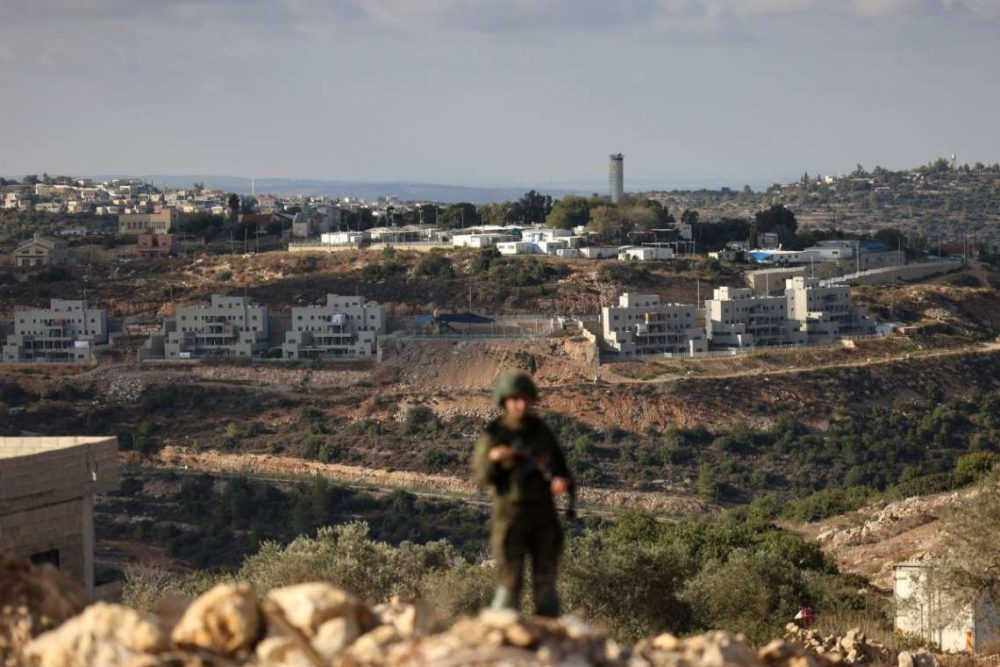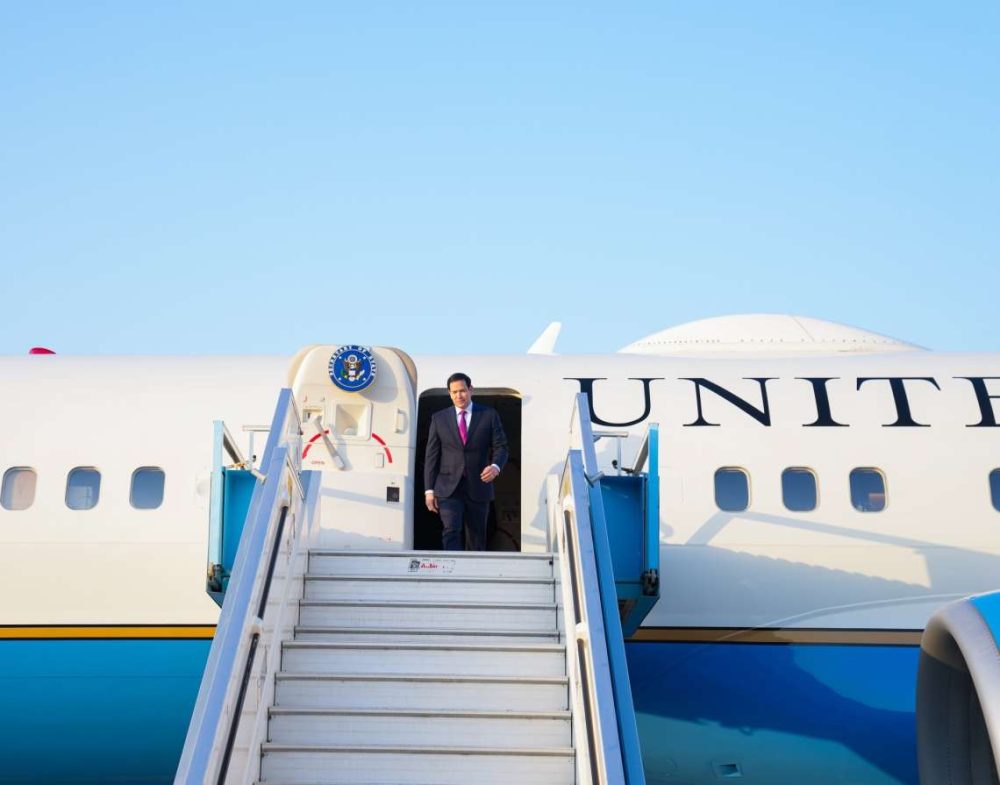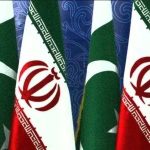The new round of Vienna talks, aimed at the restoration of the 2015 Iranian nuclear deal, is likely to see “more flexibility” from the involved parties…reports Asian Lite News
After six months of hiatus in the talks, Iran and the remaining parties to the deal, with the indirect involvement of the US, resumed their discussions to restore the agreement, formally known as the Joint Comprehensive Plan of Action (JCPOA), on November 29, reports Xinhua news agency.
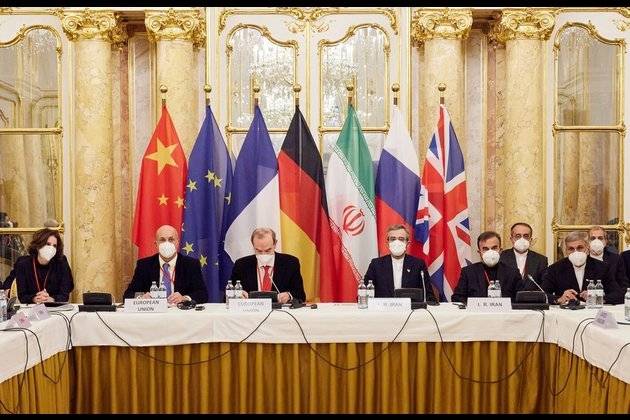
On December 3, diplomats from the European side of negotiations returned to their home countries for consultations on two proposals put forward by Iran, which reportedly insist on the priority of removal of all sanctions, which were imposed against Tehran by the administration of former US President Donald Trump after he withdrew from the deal in 2018.
The Iranian negotiation team has also announced that it has prepared a third document expounding on verification of lifting sanctions and the Islamic Republic’s demands for the US guarantee that the next administration would not abandon the deal again.
In response to a question about the demands of the Iranian negotiating team in these proposed documents, the country’s top nuclear negotiator Ali Bagheri Kani stressed that “our emphasis is that within the framework of JCPOA, all issues related to our nuclear activities must continue”.
He added that any sanctions that violate JCPOA regulations and all sanctions related to the nuclear deal, or imposed and reinstated under the US “maximum pressure” campaign, must be lifted immediately.
Bagheri Kani said that Iran’s proposals are on the table, and the other side of the talks is supposed to provide “reasonable, documented and logical responses”.
Although some hurdles lie ahead of the progression of recent talks, the Iranian side and other parties have argued that it is still possible to reach an agreement in the talks.
Diako Hosseini, an Iranian researcher of international affairs, told the local Ebtekar daily on Sunday that “it was not expected that a dispute would be resolved in this round or the views would come closer to each other, but it will be possible for the views to come closer in future talks”.
Asked where the problem lies at the current negotiating table, the expert said it is in “the gap in expectations”.
ALSO READ: Iran: nuclear talks in Vienna to resume next week
“We had this gap in 2015 (negotiations) as well; and because of the US withdrawal from the JCPOA (in 2018) and its consequences, it is much deeper today. The doubling of sanctions against Iran with different labels has made things more complicated… In addition, Iran has made progress on its nuclear program and has reached an unprecedented stage.”
Hosseini, however, said “it is expected that in subsequent talks the positions (of negotiating parties) will gradually become more flexible and the parties will move away from the tenacious approach of the past. In the next round of talks, I think we will reach this understanding of the flexible points of the two sides’ positions”.



